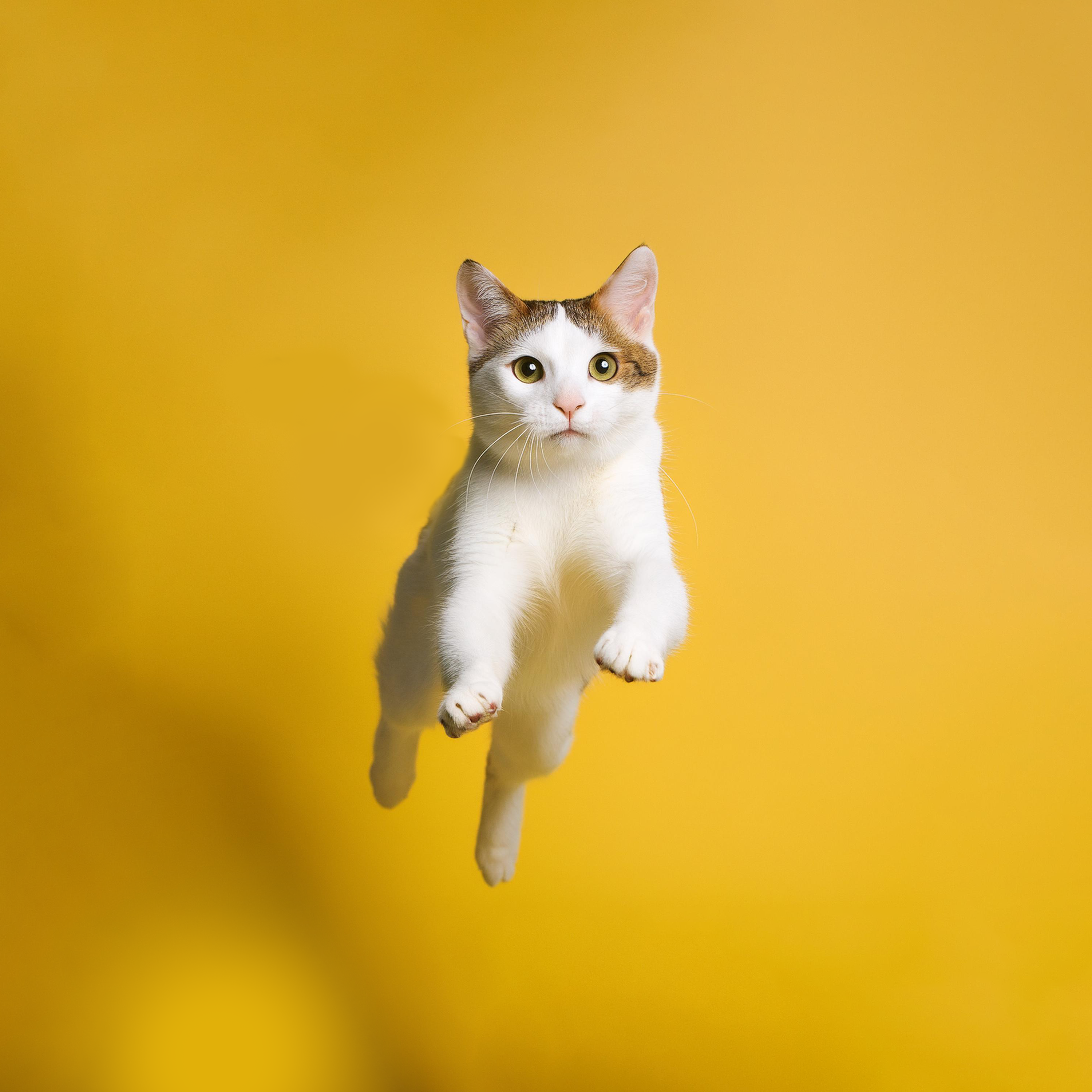The bobtail, distinguished by its naturally short tail resulting from a genetic mutation, stands out among other cat breeds. Beyond their playful and affectionate nature, they boast remarkable intelligence and agility which further enhances their enthusiasm for interactive activities.
In Japanese culture, these cherished companions symbolize success and prosperity and add cultural significance to the breed. With their elegant and graceful appearance, bobtails elevate any environment.
Their minimal maintenance requirements and adaptability to various living settings make them ideal companions not only for bustling cities but also for quaint villages. The robust health of Japanese Bobtails ensures enduring years of friendship and joy.
The Main Characteristics:
- Loving nature
- High intelligence
- Social skills
- Devotion
- Active vocalization
- Playfulness
- Curiosity

